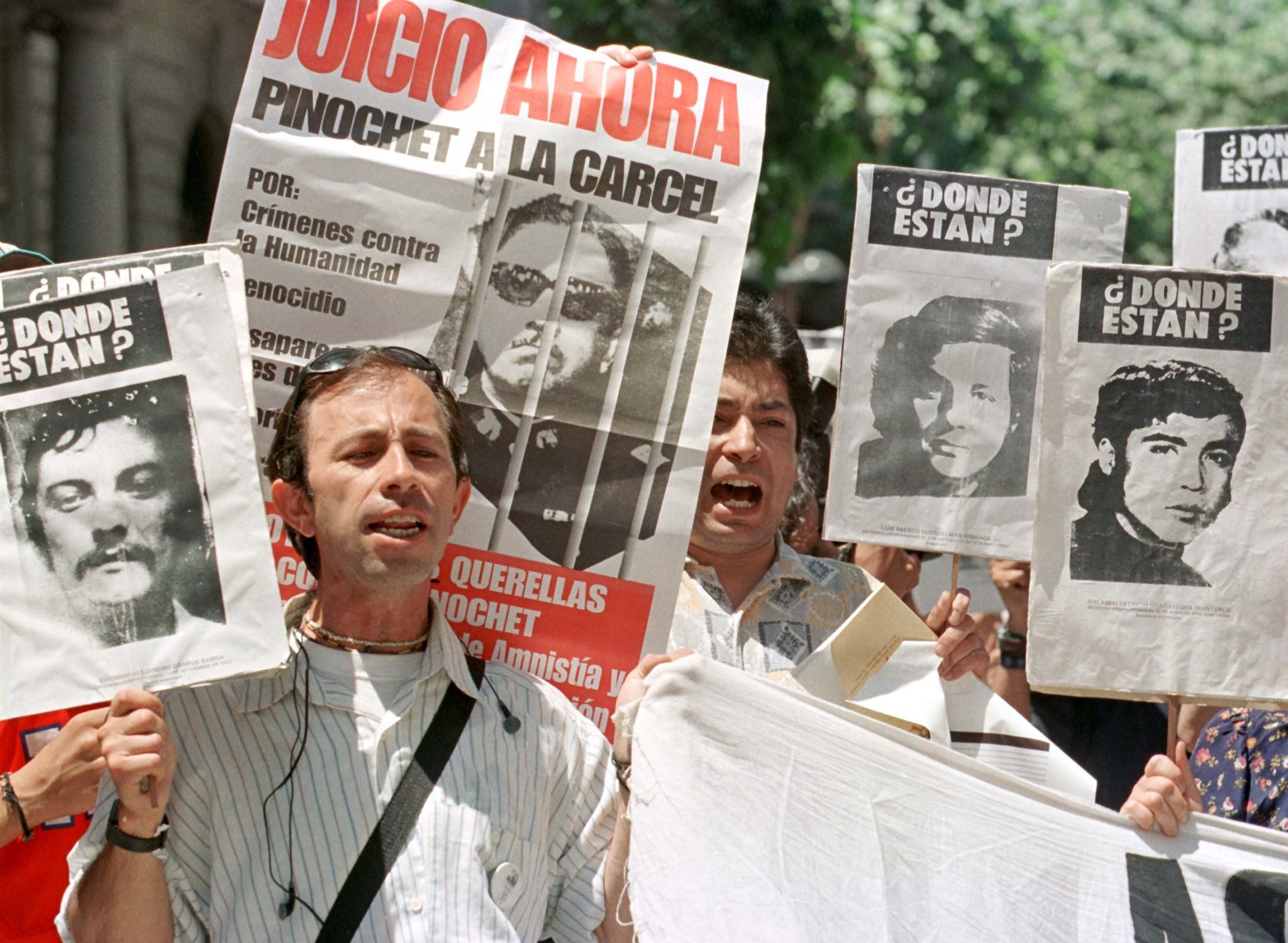Hard Numbers: Chile’s Pinochet reckoning, Japan’s beefed up defense budget, US’ Haiti evacuation warning, lemonade for Lahaina, US Capitol riot conviction
1,469: Chilean President Gabriel Boric has enacted a national search plan to find the remains of 1,469 people who disappeared (and became known as desaparecidos) during the dictatorship of Gen. Augusto Pinochet. This comes as the country marks 50 years since the coup that led to Pinochet’s 16-year dictatorship. So far, the remains of just 307 bodies have been found.
13: The Japanese government is doubling down on efforts to bolster its defense capabilities, proposing a 13% annual increase in its defense budget for 2024-2025. This is in line with Tokyo’s plan to boost its defense spending to 2% of GDP – up from a current cap of 1% – as it grapples with increased threats from China, which Tokyo has called its “greatest strategic challenge.”
277: The US has called on Americans to leave Haiti “as soon as possible” due to the deteriorating security situation, stemming from increased gang turf wars since the assassination of President Jovenel Moïse two years ago. So far this year, 277 people have been kidnapped, many of whose whereabouts remain unknown, according to the UN.
17,000: Eddie, a 5-year old kid from Seattle, has raised a whopping $17,000 for the community of Lahaina – recently destroyed by wildfires that swept the Hawaiian island of Maui – from selling lemonade at a stand outside his home. Eddie was on a family trip on Hawaii’s Big Island when the recent fires hit.
17: A leader of the far-right Proud Boys has been sentenced to 17 years in prison for his role in the US Capitol riot. Joe Biggs, a US army veteran, was given one of the longest sentences handed down so far for the Jan. 6 riot after being convicted in May of a number of charges, including seditious conspiracy.
